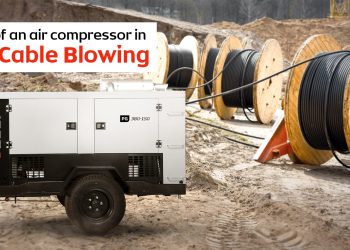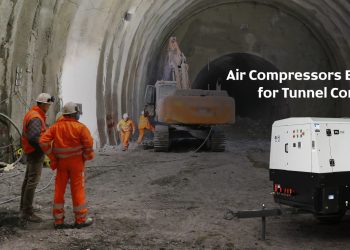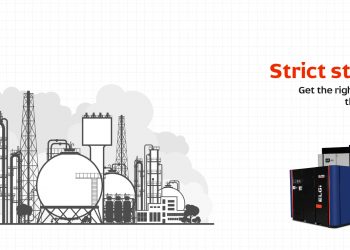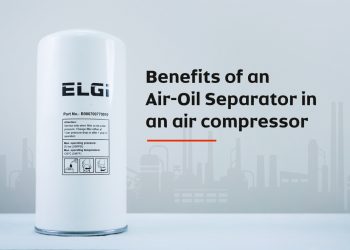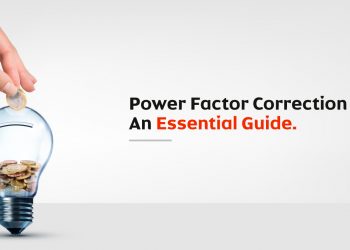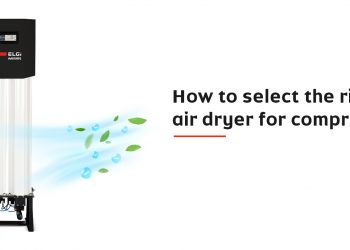Key Factors to Consider While Upgrading Your Air Compressors
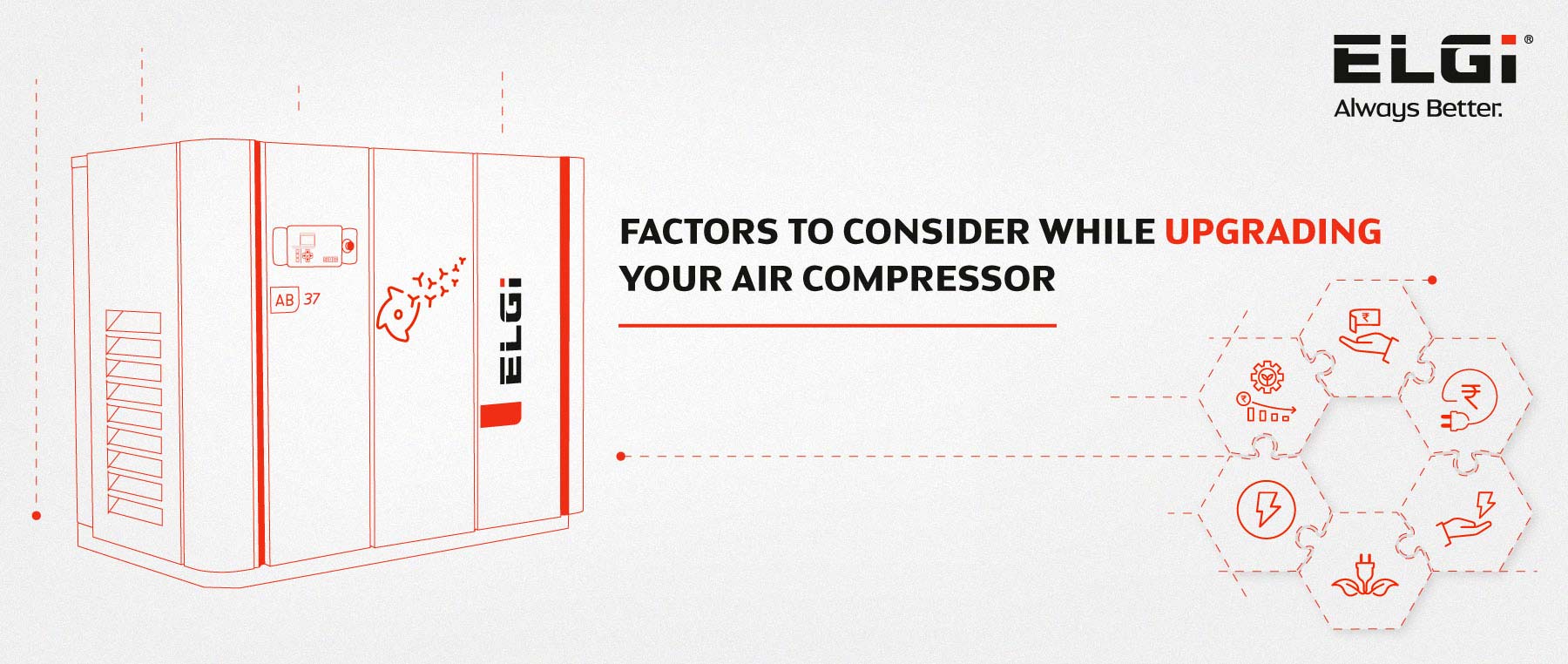
As technology evolves at a rapid pace and with every version of a product getting more efficient in meeting customer needs, it is necessary to understand the efficient life of any product. Air compressors are no exception to such technological and product improvements.
With continuous efforts by compressor manufacturers to lead the market on energy efficiency, superior performance, and reliability, it is critically important that the users of air compressors are aware of the advanced product options available in the market. The technological advances in control systems and the evolution of the Internet of Things (IoT) provide further motivation to upgrade the air compressors at the right time. Typically, Air Compressor Upgrades happen in every 3-4 years by manufacturers to improve energy efficiency, reliability, advanced features, etc., and it is worth the while to evaluate the need for upgrading your compressors.
Five critical factors to consider while upgrading your compressor
Energy Efficiency: Energy costs contribute to over 75% of the total life cycle cost (LCC) of a compressor, and is therefore the key factor in upgrading an air compressor. Once the energy cost of the existing compressor is determined (through air audit or a simpler total input power measurement), the benefits of a new compressor, in terms of energy costs, can be evaluated. In cases where the user's duty cycle of the air compressor has increased significantly over time due to additional production activities, the savings will be more beneficial with shorter return on investment. Additionally, if the plant needs a higher flow for expansion, it is an opportunity to consolidate the need and evaluate for upgradation. The size of the machine (in kW) should also be considered, as the larger the size of the unit, the higher the savings potential.
Advanced features: Significant improvement in controller features, more intelligence through additional sensors, and evolution of IoT capability are further reasons to consider an upgrade. These features result in improved uptime, insights for improvement in energy efficiency, and inputs for optimized operational settings in addition to 24x7 remote monitoring from anywhere in the world. In plants where the failure of a compressed air system can result in heavy losses in productivity, these features are particularly critical. Improvement in consumables' life and/or reliability is another factor. Recently, ELGi had doubled the life of oil filters used in its oil lubricated rotary screw compressors in several models. All these features not only make the compressors more efficient but also significantly more reliable and advanced.
Breakthrough products: Compressor users must also look out for breakthrough products that will result in superior performance. ELGi has recently launched a product, AB Series with a disruptive oil-free technology that will bring down the life cycle cost of an oil-free compressor significantly. Such breakthrough improvements provide an opportunity to improve overall plant efficiency and performance while meeting the users' needs effectively. Growing production needs in a plant will also need a different compressor technology such as the transition to centrifugal compressors for larger volumes of compressed air as an example.
Unplanned maintenance costs: As compressors age and when they need frequent attention to keep them running reliably, the unplanned maintenance or repair costs will also increase. If the cost of repairs reaches a certain level (~40-50% of the compressor value), along with the lower energy efficiency of older products, it is an appropriate time to evaluate and upgrade your air compressor.
Return of Investment (RoI): Another important factor to be considered while upgrading the compressor is the RoI. With improv energy costs, the RoI can be evaluated to meet the customer's target.



